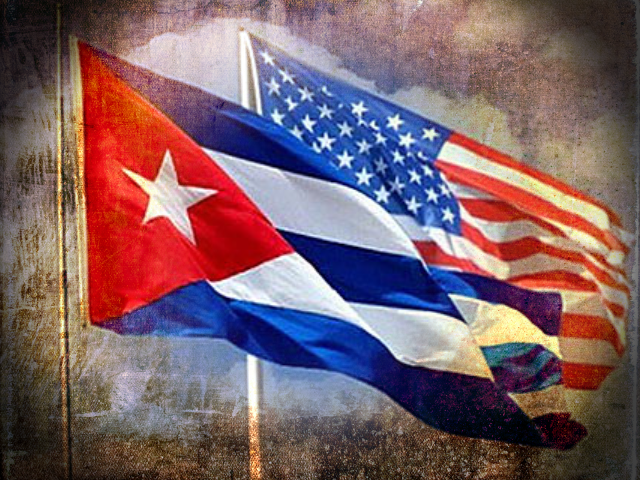
Normalizing relations puts us on the right side of history
Last week, StandUP! with Pete Dominick on Sirius XM Radio hosted “Cuba Week,” which brought together journalists, scholars, activists, and policy experts for a series of discussions on the sweeping changes recently made in U.S. policy toward Cuba. Sarah Stephens, executive director of the Center for Democracy in the Americas, debated the new policies with Frank Calzón, director of the Center for a Free Cuba, which advocates for strengthening the embargo.
Sarah Stephens said:
“[Normalizing relations with Cuba] puts us on the right side of history. It puts us in line with the Pope, who supported it, the EU, all Latin American governments, with — according to a poll by the Washington Post — a vast majority of Cubans, and I’m not talking about the government, I’m talking about ordinary Cubans, a majority of Cuban Americans, and a majority of all Americans. So, what we’re able to do now wasn’t possible under a policy of isolation. And I think that since December 17 we’re starting to see some real progress due to engagement — progress on the very things we care so much about that are fundamental and deeply held by the United States.
I agree with you that a large part of why there’s inconsistency in U.S. foreign policy comes down to the mighty dollar — that’s true. But, I also know and believe that the United States stands for some very important values, and what we’re obligated to do is figure out the best way to reach those goals. And after 55 years of getting nowhere with Cuba, it’s a no-brainer to me that you have to do something different. And I deeply believe in engagement. I think that’s how everything gets done. Whether you’re doing a business deal or you’re having a conversation about human rights, the only way to make progress is by engaging.”
Listening here

